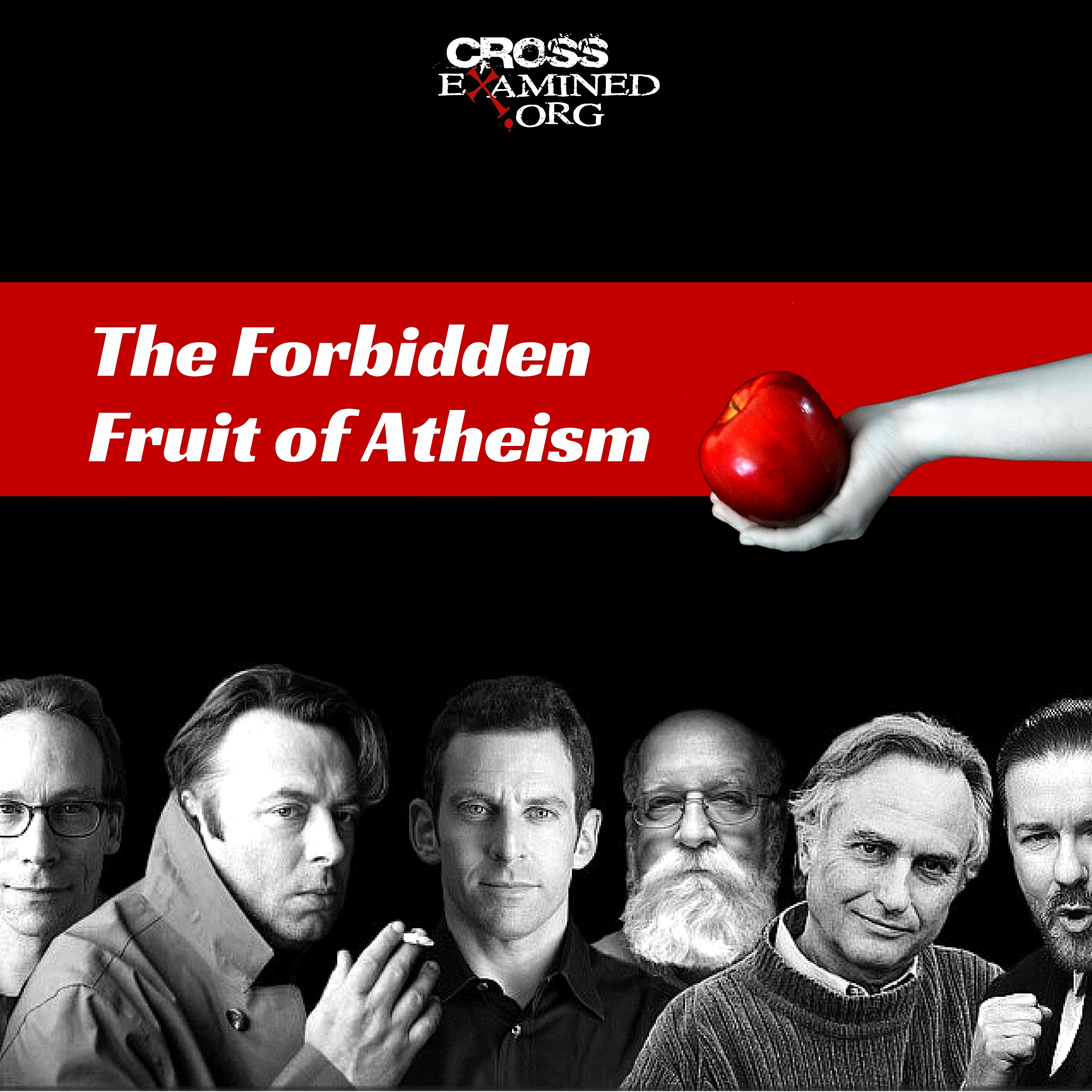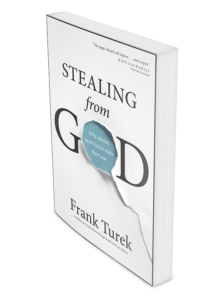By Billy Dyer
When God created man he gave us free-will. He did this so that He could have genuine children who loved Him. For love by its very nature has to be freely given and freely received. Therefore, He had to give mankind some kind of law so that they could choose to love Him or disobey Him. The Devil tempted Eve to eat of the forbidden fruit. He attacked on three levels:
- God’s Word–“Indeed, has God said”
- God’s Character–The serpent said to the woman, “You surely will not die!”
- God’s Goodness–“For God knows that in the day you eat from it your eyes will be opened, and you will be like God, knowing good and evil.”
We all know the story. Eve ate and gave some to her husband and he ate of it. That was the only thing God forbade them to do. So the moral of the story is to eat more bacon because fruit can ruin the world…..ok just kidding!
Today we use the phrase “forbidden fruit” as a metaphor for an object of desire whose appeal results from knowledge that it should not be obtained. Admittedly, the common human experience is that we all are tempted with our own forbidden fruit. But I’d like to suggest that Atheism, as a worldview, has a common forbidden fruit and that is asking the question, “Why?”.
Atheist don’t like to ask that question for two reasons.
- They’d rather state their view then have to defend it
- There is no why
As to the first reason I understand it is a general statement and not all atheists are like this. But when you do not have evidence to support your worldview it is a lot more comfortable to simply assert your belief than defend it. As to the second view I believe the atheists can speak for themselves.
Richard Dawkins said, “In a universe of electrons and selfish genes, blind physical forces and genetic replication, some people are going to get hurt, other people are going to get lucky, and you won’t find any rhyme or reason in it, nor any justice. The universe that we observe has precisely the properties we should expect if there is, at bottom, no design, no purpose, no evil, no good, nothing but pitiless indifference.” (River Out of Eden) We see here that there is no rhyme or reason to atheism. We just are in this sort of universe. If we ask “why” the answer is “just because” or “there isn’t a why”. When we begin to examine this thought it is very disturbing. It is like there is something inside of us screaming that this is wrong but we don’t necessarily know why. The Bible on the other hand says that God has set eternity on our hearts (Ecc 3:11). There is something hard-wired within us, by God, that longs for something more than this world. We intuitively know we are different. That is why all humans across the board, regardless of the answers they decide on, struggle with the questions, “Where did I come from?”, “Why am I here?”, and “Where am I going?”.
Dawkins goes on to say, “DNA neither cares nor knows. DNA just is. And we dance to its music.” (River Out of Eden). I always laugh at statements like this because they are so self-refuting and the authors who say them don’t even live by them. Let us think about this for a second. If we are really just dancing to the music of DNA then that means we are like a soda can that is simply fizzing because we were opened. We didn’t decide to fiz and we don’t even know that we are fizzing. We simply fiz as a chemical reaction. If this is the case then why try to convince me of it since I don’t even have the ability to change my mind? In fact, according to Dawkins’ view, I believe what I do about God as a chemical reaction. These atheists can’t even live by their worldview. If we are all simply reacting to chemicals in our brains without abilities to make conscious decisions then why ask me to make a conscious decision to change my worldview and accept yours?
Christians are commanded to ask questions and seek (Lk 11:9; Prov 1:2, 4:7, 23:23, et al.) for answers. There is no fear with the truth. We have the truth on our side. Our interpretations may change but the Word of God is truth (John 17:17). Therefore, I have no problem asking the question “why” or any other question about Christianity. Every time I’ve questioned my faith it has led me to a deeper understanding of God and a stronger faith. There are good answers out there it is just a matter of whether you want to do your homework to find them. What questions do you have about Christianity or your faith right now?
Visit Billy’s website: Dyerthoughts.com
Billy Dyer is a CrossExamined Instructor Academy Graduate.
Resources for Greater Impact:


 STEALING FROM GOD
STEALING FROM GOD  FEARLESS FAITH SEMINAR
FEARLESS FAITH SEMINAR